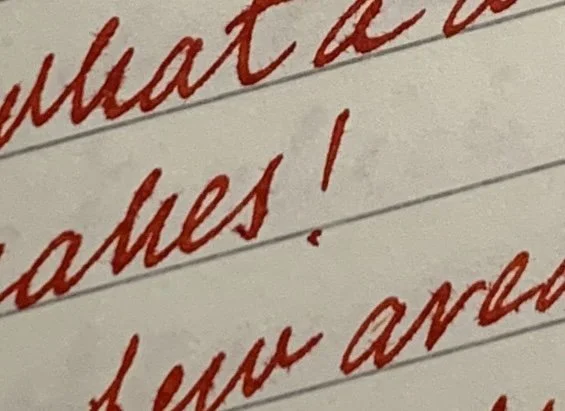Robo-Tweets and the Internet of Things: A Survey
I always thought when seeing the movie Close Encounters of the Third Kind that the musical conversation between the alien Mothership and the humans was cut short when the aliens realized they were no longer playing with a human but with a computer program.
I sometimes have a similar reaction when using services like Twitter. Even though I’m most interested in hearing from and engaging with other people, now and then a “robo-tweet” will show up in my Twitter stream that appears to have been automatically generated by a system that automatically broadcasts a message when, say, a visit to Starbucks is made.
My reaction is usually to “un-follow” that person, but maybe I’m being too much of a curmudgeon. When apparently auto-generated messages from Quora started showing up recently, though, I decided to do a quick and dirty survey among members of my own Twitter community to see what others think about such “robo-tweets.”
I took a few minutes to generate a three-question survey using a Google Docs form:
Do you currently follow anyone on Twitter that sends robo-tweets?
Do you like receiving robo-tweets?
Do you currently have any online services that you’ve configured to send robo-tweets?
I defined “robo-tweets” in the survey as follows:
“Robo-tweets” are Twitter messages sent automatically when you use an online service of some kind, e.g., Foursquare or Quora. When you use the participating service, you can configure it to automatically send a “tweet” describing an event of some kind, e.g., your “checking in” at a particular location can be announced automatically on Twitter.
I broadcasted requests to participate in the survey via Twitter and personal email. As of January 12 I’ve received 26 responses:
Figure 1: Survey Responses as of January 12, 2011

What I conclude from this unscientifically-sampled survey is that, among the respondents:
Most (62%) follow someone on Twitter who generates robo-tweets
Most (62% again) don’t like robo-tweets
Most (69%) have not configured an online service to generate rob-tweets.
Can these results be projected to Twitter users as a whole?
Probably not. The main target for the survey consisted of my own 1,625 “followers.” 26 responses from this target population represents a response rate of only 1.6%. It is also possible that respondents are not truly randomly distributed through the target population. These facts make generalizations based on such a small sample problematic.
I’m not sure what results a more well-designed survey might find. I do think the incidence of automatically-generated robo-tweets is increasing on Twitter, as is the increasing use of automatic harvesting and following software that enables increasing use of Twitter by spammers. What sets Twitter apart from other media, thankfully, is the ability to “unfollow” annoying or abusive message senders.
I do wish there were settings in standard Twitter to “turn off” certain types of messages that are automatically generated and addressed. As we move more and more to an internet of things, the likelihood that web based messages will be sent — and responded to — in realtime by programs rather than people is bound to increase.
I see both advantages and disadvantages to this, the chief disadvantage arising when it is impossible to use a standard Turing type of test to determine if the originator of a particular message is actually a real human being. Already, the largest proportion of “who to follow” suggestions I get from Twitter are for corporate or organizational accounts where individual people are neither pictured nor identified. Add to this the ability to almost completely automate the origination and response to such messages and you quickly reach a point where identity falsification is possible.
This isn’t a new problem, of course. All communication channels can be manipulated, not just Twitter or email. But it does point out the disadvantages that online-developed “weak tie” relationships have in situations that really should be based on a more direct exchange of information that defines identity and trust.
Copyright (c) 2011 by Dennis D. McDonald. Dennis’ contact information is here.
To download a free .pdf version of this article click here.


